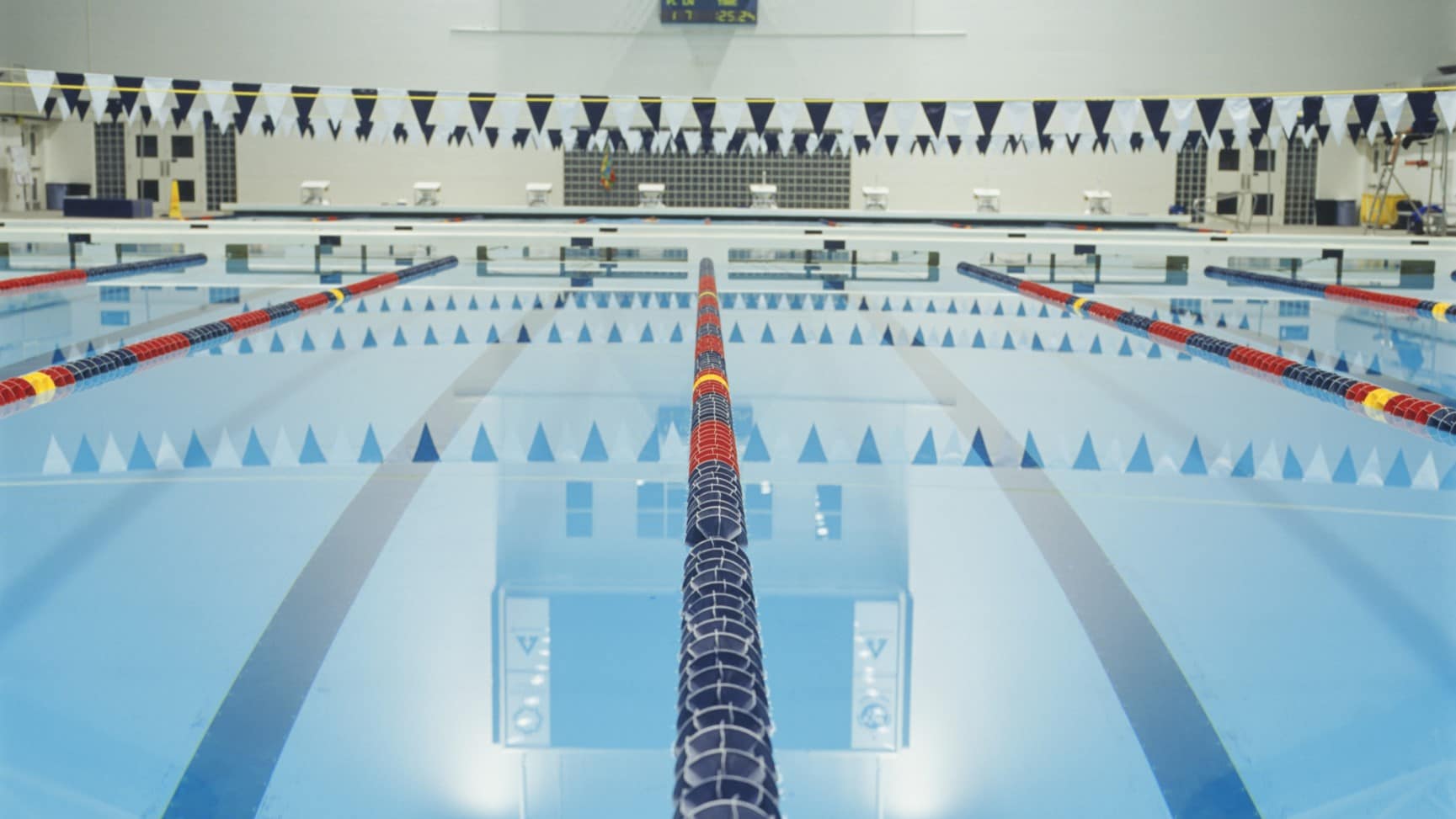Purpose
Aquatics programs: use the data from your inspections of aquatic facilities to identify trends in violations and closures and to improve your program.

Overview
Aquatics programs can work with information technology specialists and epidemiologists to examine their data from inspections of aquatic facilities. This can help:
- Identify venues with frequent violations that could benefit from interventions
- Determine the frequency of immediate closures and individual violations
- Characterize the distribution of immediate closures and individual violations by aquatic facility setting (e.g., hotel/motel or waterpark), venue type (e.g., pool or hot tub/spa), pool type (e.g., wading pool and interactive water play venue)
- Monitor, over time, proportions of inspections that result in immediate closure or identify a given violation
Resources
Learn about SAFE-D, a standardized format for publishing aquatic facility inspection information (developed by the National Environmental Health Association through a cooperative agreement with CDC).
Read CDC's 2016 report on common pool inspection violations.
Explore our earlier reports:
- Violations identified from routine swimming pool inspections --- selected states and counties, United States, 2008 (2010)
- Surveillance data from public spa inspections --- United States, May--September 2002 (2004)
- Surveillance data from swimming pool inspections --- selected states and counties, United States, May--September 2002 (2003)
